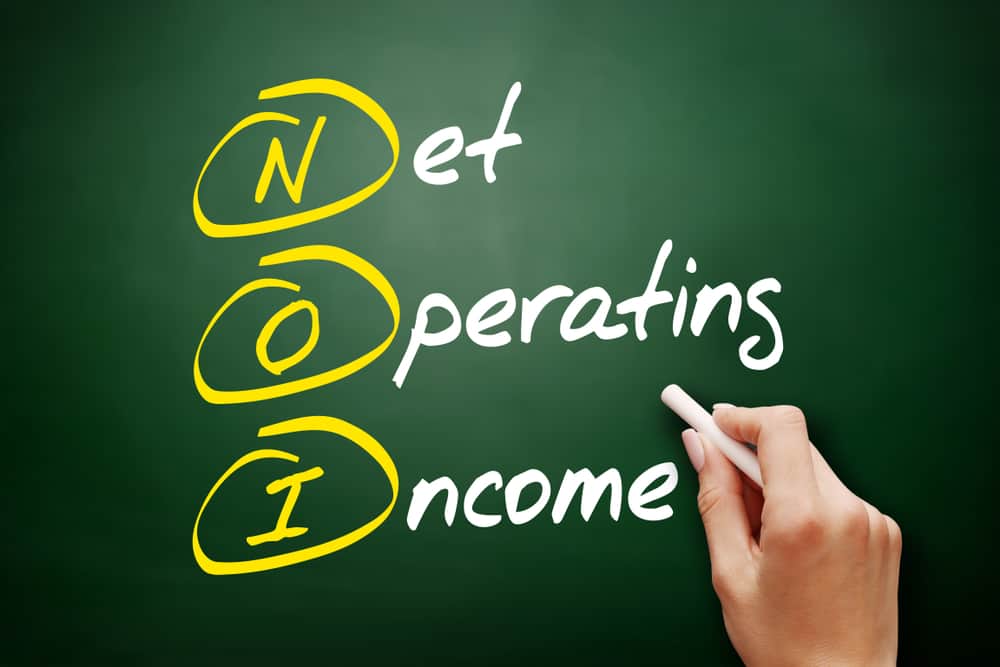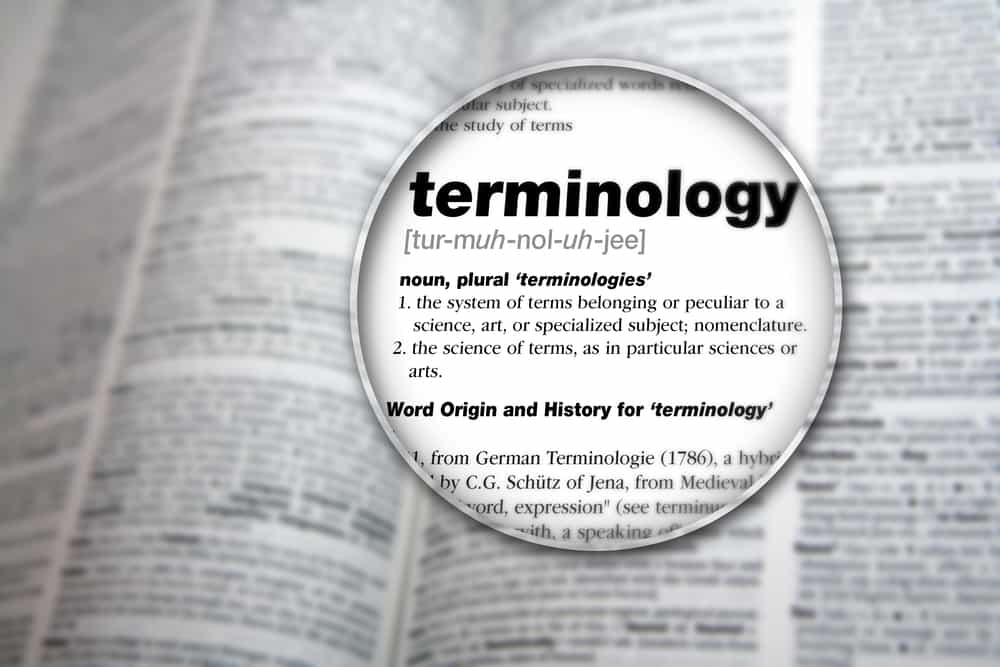Terms to Know When Investing in Commercial Real Estate
When you have decided to invest in commercial real estate, you have entered a whole new world of terms and language you need to know. It can be slightly overwhelming, so this is why you should try to get a good grasp on the different terms used and what they mean. Although there are some other terms you are likely to hear along the way, here are some of the most common terms used in the commercial real estate world. Don’t worry about memorizing these terms right away, because your commercial real estate broker will help you to understand every step of your transactions. You can also look back to this list at any point.
Building Classifications
Did you know there are different building classifications that are assigned to commercial real estate properties? Properties can be ranked from A to D. Rankings can be objective, so that is why it is important for you to look at each property with an open mind. Here is more on what each classification means:
 Class A
Class A
Class A commercial office spaces are usually the most desired properties on the market. With that being said, they are usually more expensive than other classifications. These properties are newer buildings with high-quality infrastructure. They are usually kept up with by making updates and regular maintenance. You can also expect these properties to have great amenities and high-quality fixtures. If you are looking to invest in an upscale apartment complex, a class A property may be of your best interest.
Class B
As you could have guessed, class B properties are a step down from a class A property. This is not to say a class B property is not high-quality or nice. It just means you can expect less expensive fixtures, fewer amenities, and less attention to detail with the building design. Class B properties could have been class A properties at one point, but they are just a bit older now. With just a few repairs and upgrades, a class B property can sometimes even turn into a class A property. Class B properties are great for apartment buildings, office spaces, and any other space where being less expensive is valuable. Class B properties may be a slight downgrade from Class A properties, but they still hold a lot of weight in the commercial world.
Class C
Class C properties usually are not of as great of quality as class B or A properties. They can be made with poor design plans and low-quality construction work. Additionally, they almost always require some repairs and upgrades for them to be more attractive to tenants. This is because they are usually over 20 years old and have not been properly maintained. However, class C properties do have great potential if you have a mission to fix up a part of town. There could be a group of class C properties that are in a location with great potential, so they may be a project worth tackling. They also are usually more attractive to smaller businesses who do not have room in the budget to lease a class A property.
Class D
Class D is the lowest rating a property can get. These are usually properties where the building needs to be completely remodeled, if not torn down. Class D properties are usually over 30 years old, in less than desirable locations in terms of tenant needs, and have no amenities. If you fall in love with a class D property, you will likely need to put in a great deal of work before you can lease it out to tenants.
Capital Improvement
The term “capital improvement” refers to major upgrades and repairs that have or will be made to a commercial property. This could be replacing flooring, upgrading countertops, and even replacing a roof. With class C and D properties, you will likely need to make capital improvements.
Tenant Improvements
Tenant improvements are the changes a property owner makes in order to suit a specific tenant’s needs. These improvements can include new flooring, lighting, and paint colors. As a property owner, making changes like this could be worth it if it means the tenants will stay with you for a long time.
Capitalization Rate
The capitalization rate, or cap rate, it the time in which an investor will try to regain their investment back. You can find the cap rate by dividing the net operating income by the purchasing price of the property.
 Net Operating Income
Net Operating Income
The net operating income is all revenue created from a property and subtracting the operating expenses. The revenues are the rental income, service fees, parking fees, and any other sources of cash flow. The operating expenses can be the monthly payment to the bank, utilities, taxes, and repairs.
Agent
An agent is someone who represents another person in a commercial real estate transaction. Commercial real estate agent will typically helps their clients find properties, negotiate the price of the property, and even help them find tenants.
Common Area Maintenance
The common area maintenance, or CAM, is the maintenance done in shared areas of a property. For example, the cleaning of a lobby or sitting area of a commercial property is CAM. Usually, the property owner will charge a CAM fee to their tenants so they can pay someone to do the maintenance and keep the property looking nice and clean.
Gross Lease
A gross lease means the landlord is responsible for the charges for the property. For example, in a gross lease, the landlord is usually responsible for taxes, insurance, maintenance, utilities, and others. The tenant is only responsible for their rent in a gross lease.
Net Lease
A net lease can be seen as the opposite of a gross lease. In a net lease, the tenant is responsible for not only their rent, but also repairs, taxes, utilities, and maintenance. The landlord has much fewer responsibilities with a net lease as they would with a gross lease.
Percentage Lease
Another type of commercial real estate lease is a percentage lease. This type of lease charges the tenant based on the sales they make while on the property. Usually, there will be a stipulation included to charge a minimum for rent in case the percentage does not satisfy the landlord.
Market value refers to the price a property is expected to be worth if it is sold. The market value of a property can change depending on the demand of its area, age, and any repairs that need to be made since the last market value estimate.
Looking for Commercial Real Estate in Hattiesburg or the Surrounding Areas?
Whether you have invested in commercial real estate before or not, the experts at SVN | Southgate Realty, LLC can help you find the perfect property. We are very knowledgeable about all things commercial real estate and can help explain the process of purchasing a property. Our team has been serving the Hattiesburg area for almost four decades, and we are well acquainted with all of the terms you need to know when investing. Please feel free to contact us today so we can show you why our team has helped so many clients find their dream properties!

No Comments